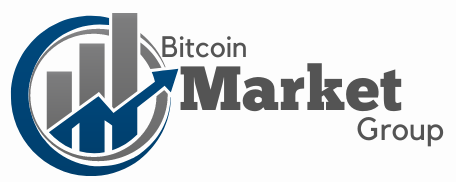- Advertisement -

Crypto exchange Binance announced it is ending support for Litecoin (LTC) transactions sent through the latest MimbleWimble (MWEB) upgrade.
Binance warned that any transaction sent through the MWEB function would be lost since the crypto exchange can’t verify the sender’s address. The crypto exchange didn’t respond to Cointelegraph’s request for comments at the time of publishing.
The announcement comes just days after major South Korean crypto exchanges delisted LTC due to the latest upgrade, which makes transaction information confidential. The delisting came just weeks after five crypto exchanges issued warnings similar to Binance. However, the delisting didn’t come as a surprise, as South Korea is known for its strict privacy laws, which prohibit anonymous transactions on crypto exchanges.
The MWEB upgrade on LTC is one of the critical updates that went live earlier this year, nearly two and half years after it was first proposed. The upgrade added several privacy features and made the LTC blockchain more scalable.
Gate.io, another popular crypto trading platform, also ended support for MWEB Litecoin transactions, claiming anonymous transactions are not supported on the platform.
Related: Crypto exchange Binance seeks critical licenses in Philippines, CEO says
The decision to end support for the MWEB function also comes at a time when the leading crypto exchange has been marred in controversies. Binance was recently accused of facilitating $2.5 billion worth of illicit transactions by Reuters.
Chagpeng Zhao (CZ), the CEO of Binance refuted all such allegations, pointing to the data released by blockchain analytics firm Chainalysis.
The Reuters article yesterday is a huge waste of time and resources. This is the last I’ll say on it, and the last our team will interact with the writer.
The author continues to wear it as a badge of honor on Twitter when his fiction pieces get fact-checked after he publishes.
— CZ Binance (@cz_binance) June 7, 2022
The United States Securities and Exchange Commission also opened a security violation investigation regarding Binance’s BNB ICO sale in 2017.
The privacy feature that was seen as an important upgrade has turned out to be a bane for one of the oldest cryptocurrencies. The MWEB upgrade comes at a time when regulatory oversight is at its highest and privacy features have become the primary target of regulators around the globe.

